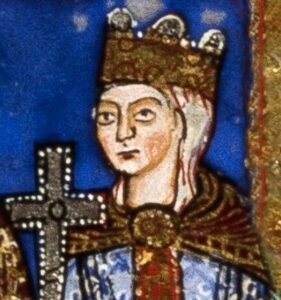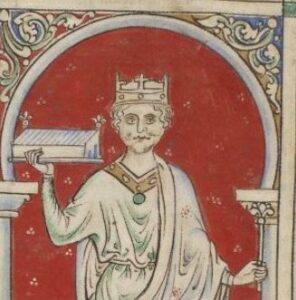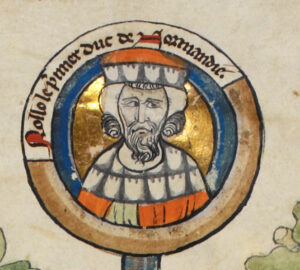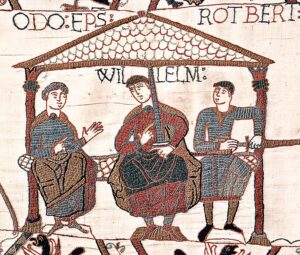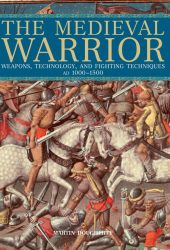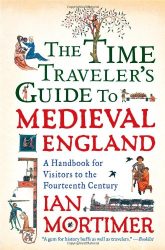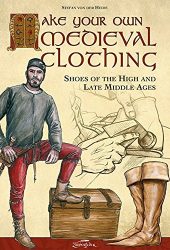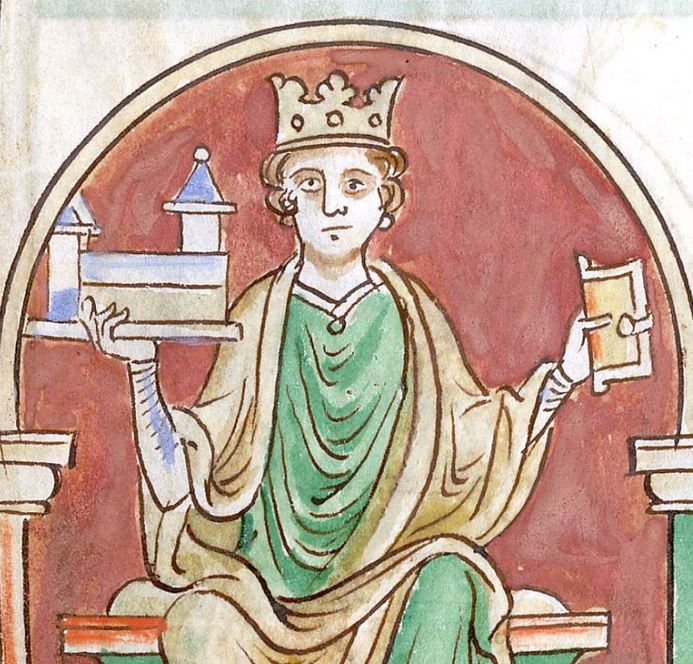
Henry I, also known as Henry Beauclerc, was the fourth son of William the Conqueror and ruled as King of England from 1100 until his death in 1135. He was a shrewd and capable monarch who is remembered for his administrative reforms, legal innovations, and efforts to consolidate royal authority.
Who Was Henry I?
Henry I ascended to the throne following the death of his brother William II in a hunting accident in 1100. His accession was not without controversy, as his elder brother Robert Curthose, Duke of Normandy, also laid claim to the English throne. However, Henry moved swiftly to secure his position, garnering support from influential nobles and clergymen and ultimately defeating Robert at the Battle of Tinchebray in 1106, thereby asserting his control over Normandy as well as England.
One of Henry I’s most notable achievements was his establishment of a strong and efficient royal administration. He implemented reforms to the royal treasury, curbed the power of unruly barons, and expanded the role of royal officials known as “justices in eyre” to ensure the enforcement of royal law and justice throughout the realm. He also introduced the use of the Exchequer, a system of accounting and financial management that improved the collection and administration of royal revenues.
Henry I is perhaps best known for his legal innovations, most notably the issuing of the Charter of Liberties, also known as the Coronation Charter, in 1100. This charter outlined a series of rights and privileges intended to limit the arbitrary power of the monarchy and protect the rights of the nobility and the Church. It served as a precursor to the Magna Carta, which would be issued by Henry’s grandson King John in 1215.
In addition to his administrative and legal reforms, Henry I was also a patron of the arts and a supporter of ecclesiastical reform. He founded religious houses and endowed them with lands and privileges, and he promoted the spread of learning and scholarship throughout his realm.
Henry I’s reign was not without its challenges, including conflicts with his barons and with neighbouring powers such as France and Scotland. He also faced personal tragedies, including the loss of his son and heir William in the White Ship disaster of 1120.
Henry I died on December 1, 1135, after a reign of 35 years, leaving the throne to his daughter Matilda, setting the stage for a period of civil war known as the Anarchy. Despite the challenges he faced, Henry I is remembered as a capable and effective ruler who left a lasting legacy of administrative reform and legal innovation in medieval England.
More Members of the House of Normandy
Established by William the Conqueror after the Norman Conquest of England in 1066, the dynasty ruled England and Normandy for several generations. Renowned for their military prowess and administrative reforms, the Normans left a lasting impact on medieval Europe.

